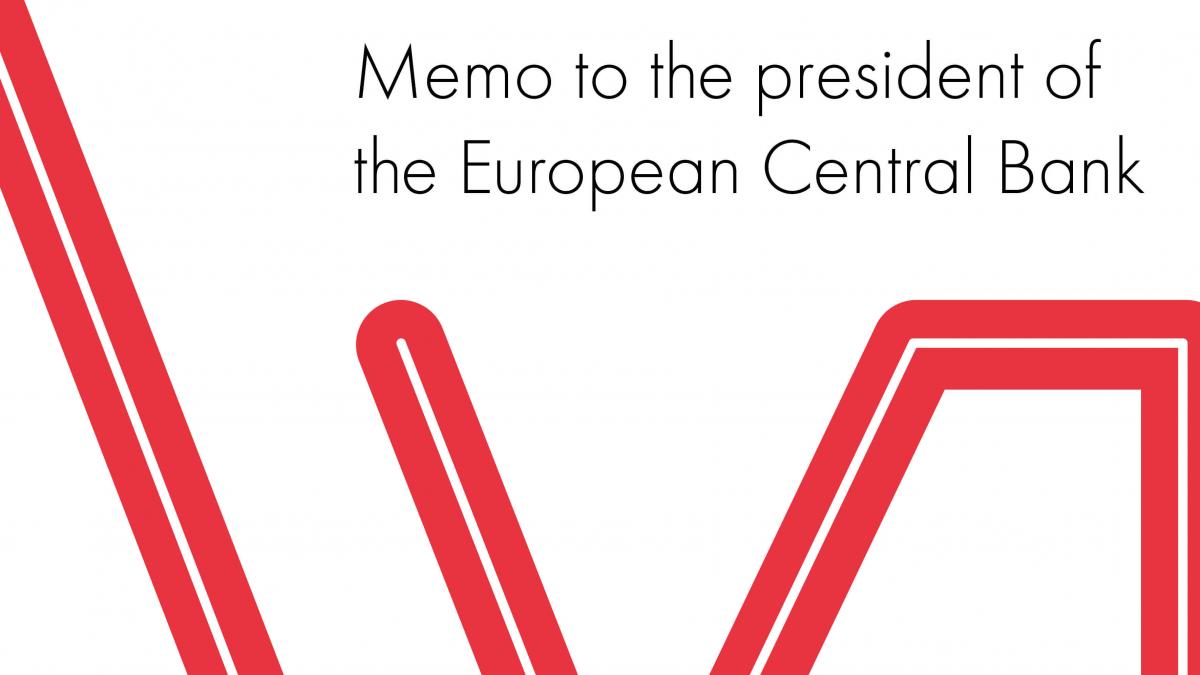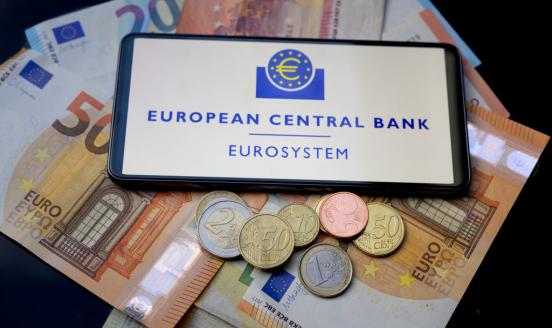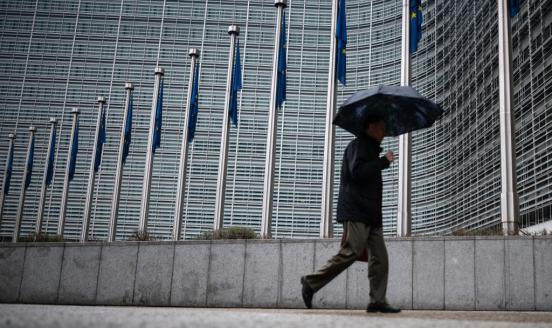Preparing for uncertainty
Memo to the president of the European Central Bank. Grégory Claeys, Maria Demertzis and Francesco Papadia present the challenges that the next ECB pre

Monetary policy must reinvent itself in the wake of the crisis. Reinvention is particularly important because the system is riddled with uncertainties and the scope for applying both conventional and unconventional instruments is limited. The architecture of Economic and Monetary Union makes the challenge even greater because alignment of preferences and policies can only go so far.
The European Central Bank will have to be clearer on what it can do, while remaining flexible in order to manage current uncertainties and unknowns. While the ECB’s main objective is price stability, it will also have to contribute to the identification of, and response to, financial imbalances, while preserving its independence.



